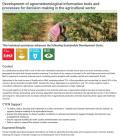
The overall objective of this technical assistance is to promote wider use of agrometeorological services to improve data availability, climate forecasting, early warning, adaptation planning and decision-making in the agricultural sector.
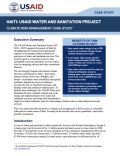
This case study describes the project’s climate risk management actions in Haiti's vulnerable urban and ex-urban areas, focusing on the benefits that can be quantified, and where possible, monetized.
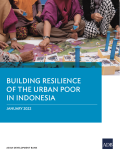
This case study identifies climate resilience solutions for urban poor in Indonesia and their enabling factors, building on national policies and programmes and taking into account the priority sectors for climate-resilient development.
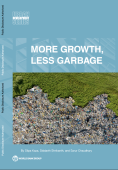
This publication presents an overview of how waste generation could grow if the world continues along the current trajectory and how to consider changing that path.
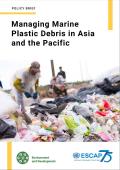
This policy brief offers solutions that are needed to close the loop on the plastic life cycle and reduce the amount of plastic in the Asia-Pacific region.

This case study discusses the effects of mercury in the Caribbean and gives recommendations to decreasing the negative impact.

This project aims to improve the management of plastic waste and contribute to the prevention and significant reduction of marine pollution.
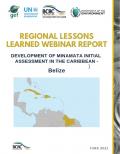
This case study summarizes lessons learned from the MIA-Belize Project and discusses regional mercury activities that address mercury management in the Caribbean.
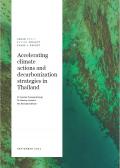
This case study analyses the impacts of climate change on Thailand and the various policies and plans that the government has taken to address climate change.
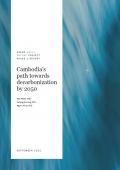
This case study has been developed through a synthesis of existing research and knowledge in Cambodia to build the economic and technical case for decarbonization.
